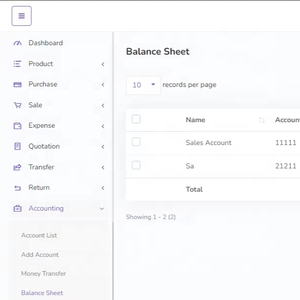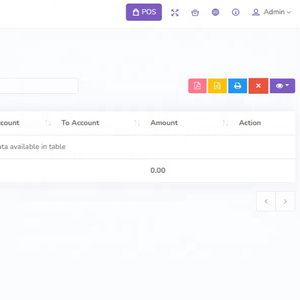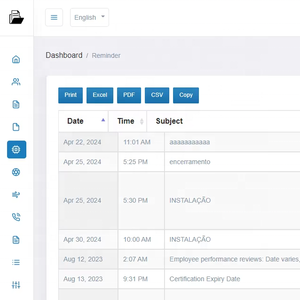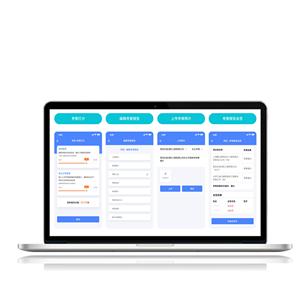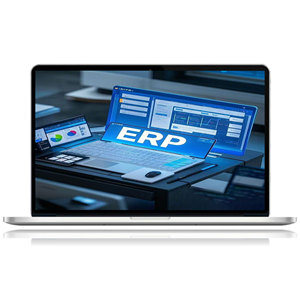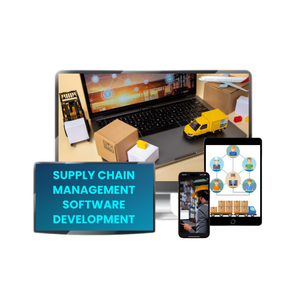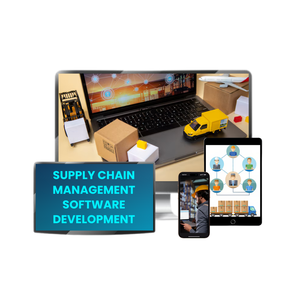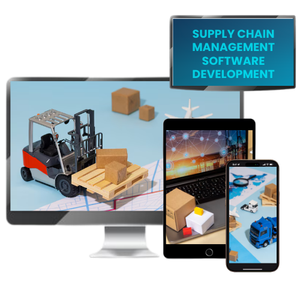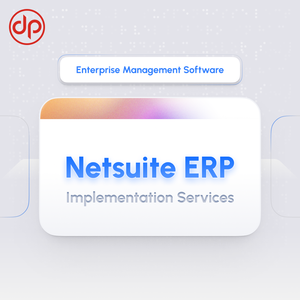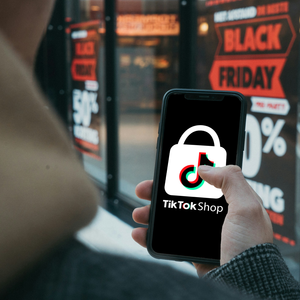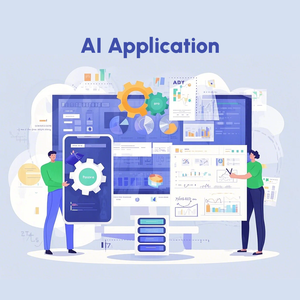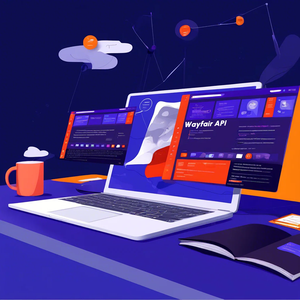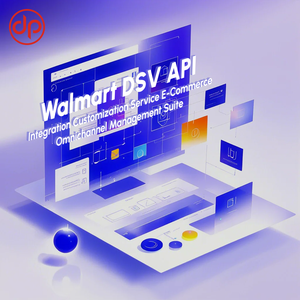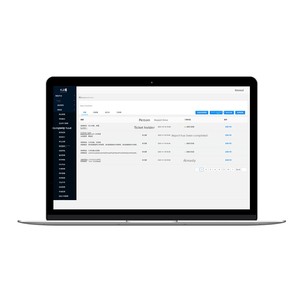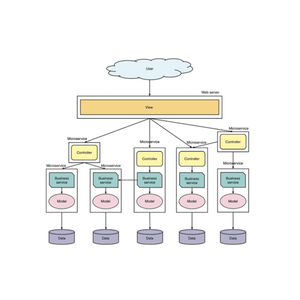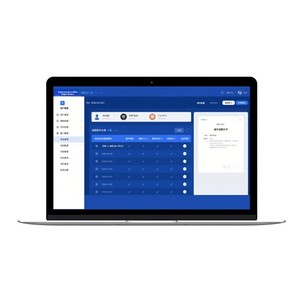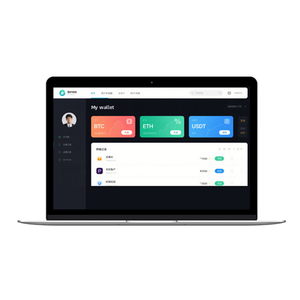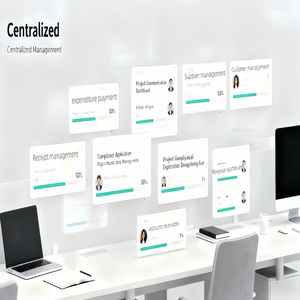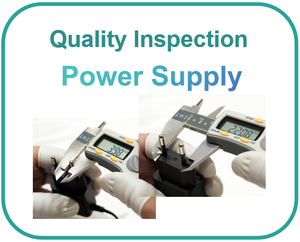Supply Chain Workflow

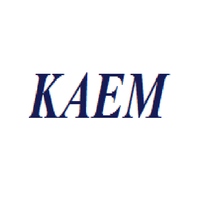



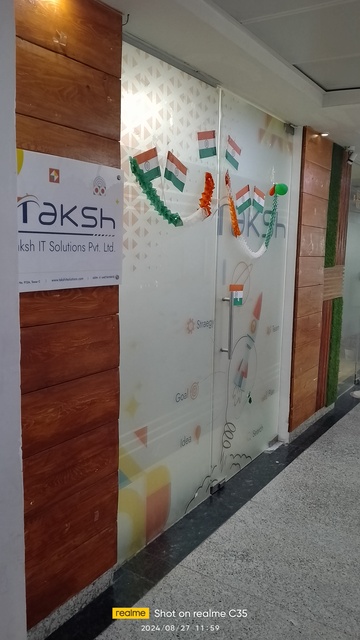

 CN
CN








 CN
CN



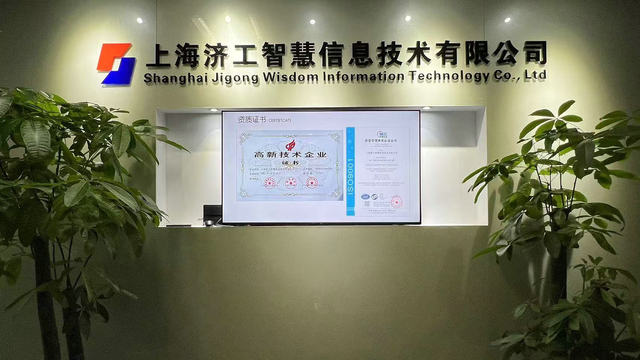









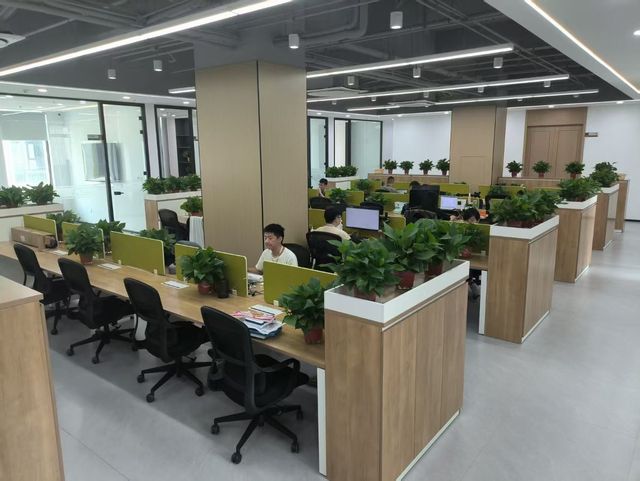







 CN
CN


















About supply chain workflow
Where to Find Supply Chain Workflow Solution Suppliers?
Global supply chain workflow software development is increasingly concentrated in specialized technology hubs across Asia, with India and China emerging as primary centers for scalable, cost-efficient digital solutions. Indian IT firms—particularly those based in Hyderabad and Bangalore—leverage a deep talent pool in enterprise software, blockchain integration, and cloud-based ERP systems. These regions host thousands of certified developers focused on logistics automation, offering modular platforms that support end-to-end visibility, procurement management, and smart contract deployment.
China’s tech corridor in Shanghai and Hangzhou complements this with strong capabilities in integrated web applications and data center operations, often combining AI-driven analytics with real-time supplier relationship management tools. The proximity to manufacturing zones enables seamless alignment between physical logistics and digital tracking systems. Buyers benefit from mature ecosystems where full-stack development, API integrations, and SaaS deployment are supported by robust infrastructure, enabling rapid customization and deployment cycles. Typical lead times range from 4 to 12 weeks depending on complexity, with significant cost advantages—up to 40% lower than Western-developed equivalents—due to optimized labor and operational efficiencies.
How to Choose Supply Chain Workflow Solution Suppliers?
Selecting the right partner requires rigorous evaluation across technical, operational, and transactional dimensions:
Technical Expertise & Product Scope
Prioritize suppliers demonstrating proven experience in core functionalities such as workflow automation, ERP integration, blockchain traceability, and cloud scalability. Verify depth of offerings through product listings focused on supply chain-specific modules like procurement apps, file management systems, or B2B portal analytics. Look for evidence of custom development capacity, particularly for enterprises requiring compliance-sensitive or industry-specific configurations.
Development Infrastructure and Responsiveness
Assess operational maturity using available metrics:
- Response time under 2 hours indicates high service priority
- On-time delivery rate exceeding 95% reflects project management discipline
- Minimum of 100+ software listings suggests established development output
Cross-reference these indicators with minimum order value (MOQ) structures to identify suppliers aligned with your scale—some offer entry-level packages starting at $95, while enterprise-grade solutions begin at $5,000+
Transaction Security and Validation
Require transparent communication channels and documented delivery milestones. Use secure payment mechanisms where possible, especially for high-value custom developments. Validate supplier credibility through verifiable revenue data, client reorder patterns, and response consistency. For critical deployments, request case studies or demo environments before full commitment.
What Are the Best Supply Chain Workflow Solution Suppliers?
| Company Name | Main Products (Listings) | Price Range (Min. Order) | On-Time Delivery | Avg. Response | Online Revenue | Specializations |
|---|---|---|---|---|---|---|
| KAEM SOFTWARES PRIVATE LIMITED | Software (1,267) | $95; 2 units | - | ≤2h | US $8,000+ | Cloud ERP, SCM Systems, Integration-Ready Platforms |
| INTELLISENSE TECHNOLOGY | Software (7,999) | $7–10; 2 pieces | - | ≤4h | - | B2B Portal Workflows, Analytics, Managed Services |
| TAKSH IT SOLUTIONS PRIVATE LIMITED | AI Applications (235) | $5,000–6,000; 1 unit | 75% | ≤1h | US $2,000+ | Blockchain Contracts, Custom Automation, Visibility Software |
| Shanghai Honghuan Network Technology Co., Ltd. | Web Applications (N/A) | $500; 1 set | 100% | ≤2h | - | Procurement Apps, Integrated SCM, Supplier Relationship Tools |
| Jinshi Yifu (hangzhou) Technology Co., Ltd. | Data Center Solutions (N/A) | $100; 1,000–10,000 units | 100% | ≤3h | - | Scalable IDC Platforms, Operation & Maintenance Systems |
Performance Analysis
KAEM SOFTWARES stands out for affordability and responsiveness, offering entry-level supply chain management systems at competitive pricing with fast query resolution. INTELLISENSE TECHNOLOGY provides high-volume, low-cost B2B workflow services ideal for recurring integrations, backed by extensive software listing volume. TAKSH IT SOLUTIONS targets mid-tier enterprises needing advanced features like blockchain-based contracts and customized visibility dashboards, supported by sub-hour response times despite a moderate 75% on-time delivery rate. Shanghai Honghuan delivers reliable execution with a perfect on-time record and standardized $500 packages suitable for SMEs seeking procurement automation. Jinshi Yifu offers large-scale deployable solutions, particularly for organizations requiring internet data center-integrated operations with bulk licensing models.
FAQs
How to verify supply chain workflow software supplier reliability?
Evaluate response consistency, on-time delivery history, and online transaction volume. Request documentation of past projects, especially those involving ERP integration or blockchain implementation. Confirm technical stack compatibility with existing enterprise systems prior to engagement.
What is the typical development timeline for custom workflow solutions?
Standard implementations take 4–6 weeks. Complex systems involving blockchain, AI analytics, or multi-system integrations require 8–12 weeks. Prototypes are typically delivered within 3 weeks for review and feedback.
Can suppliers integrate with existing ERP or procurement platforms?
Yes, most established providers offer APIs and middleware support for SAP, Oracle, Microsoft Dynamics, and other major platforms. Confirm integration scope during initial consultation and request sandbox testing access when available.
Do suppliers offer post-deployment support?
Support policies vary. Some include annual maintenance and 24/7 support in upfront pricing (e.g., customizable cloud ERP), while others charge separately. Clarify SLAs for bug resolution, updates, and system uptime before contracting.
How does pricing scale with customization needs?
Entry-level packages ($95–$500) cover basic functionality. Mid-range ($3,000–$6,000) supports tailored workflows and enhanced security. Enterprise deployments exceed $5,000 and include dedicated development, compliance alignment, and long-term scalability planning.





